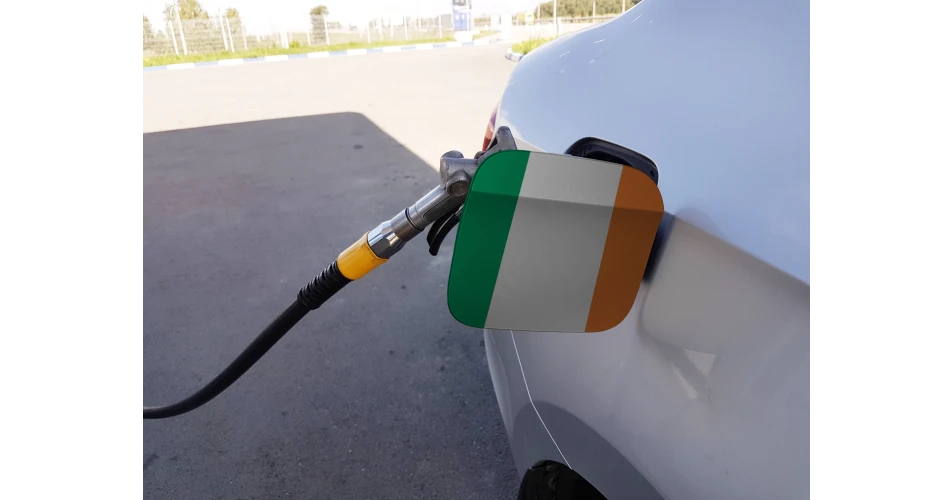With petrol and diesel prices now reaching record highs, most drivers would welcome some useful tips on how they can make their fuel go further.
For a garage, by providing customers with some friendly advice on fuel saving, they are not only strengthening their customer relations, but also opening up some additional maintenance opportunities that customers might consider to save fuel.
Set out below are some simple and practical tips for reducing fuel consumption. Feel free to use and adapt this information in your own customer communications, such as emails, posters and Facebook posts.
You can also download a PDF of the 12 tips HERE.
12 tips to cut your fuel costs
- Read the road and accelerate and decelerate gently. Aggressive driving, accelerating and braking repeatedly, uses far more fuel.
- Reduce your speed and try to keep it constant on longer trips. The faster you drive the more fuel and money you burn. Also use a higher gear as this will improve economy.
- Keep your engine and other vehicle systems well maintained through regular servicing. A recently serviced car, will be far more fuel efficient, while a vehicle with well used oil and filters and dirty fuel systems, will burn more fuel and increase emissions.
- Lighten the load. Make sure you are not carrying excess weight in your car or boot.
- Be aerodynamic. Remove roof boxes and bars when not in use as these can significantly slow a vehicle and make the engine work harder.
- An open window will also add to fuel costs by causing increased wind resistance. You can still get fresh in-car air by keeping windows closed and ensuring that your cabin filter is regularly changed.
- Turn off the Air-Con. Air conditioning uses extra fuel, so only have it on when really needed.
- Make sure tyres are inflated to the correct level.
- Do not idle the engine unnecessarily. If you have a start stop system make sure it is on.
- Combine journeys where you can and walk or cycle for shorter trips.
- Don’t fill to the brim. A full fuel tank significantly adds to the vehicle weight, meaning more fuel is used. Only buy what you need.
- Oil and fuel additives can significantly reduce fuel consumption and emissions. They can be especially effective in older vehicles.
